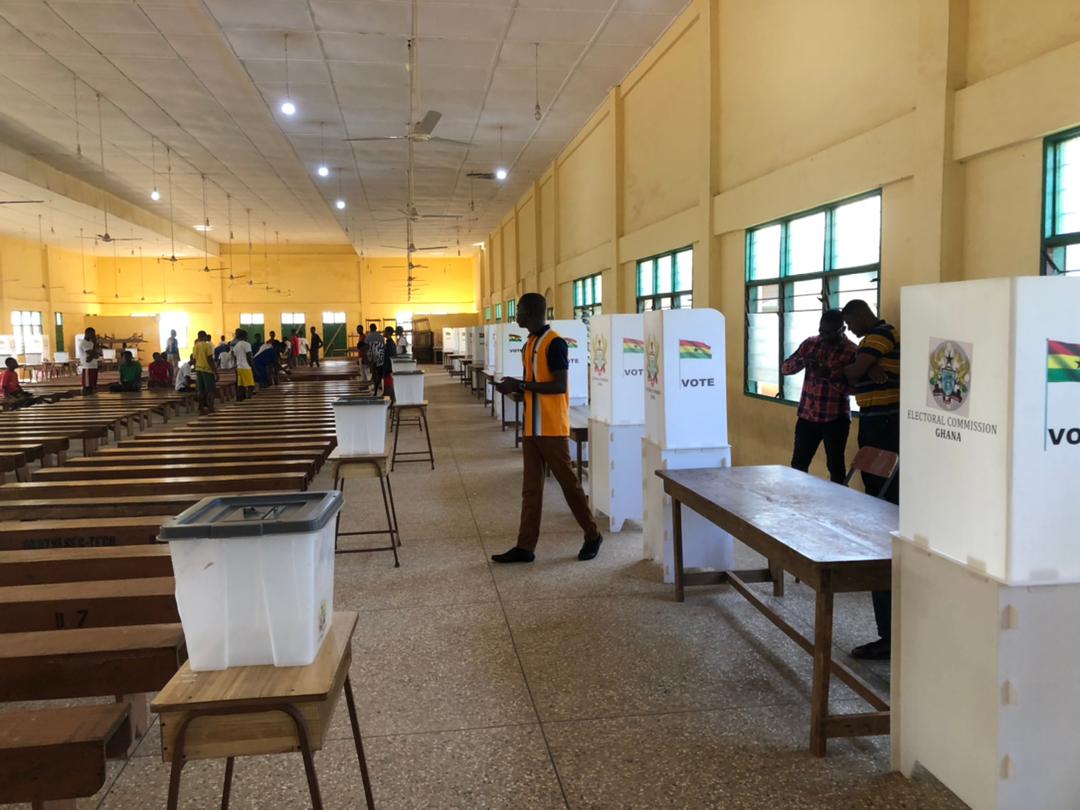
Ghana’s Peaceful Elections: A Complex Tale of Progress and Challenges
Introduction
Ghana’s recent elections, held on December 7th, 2020, have once again showcased the country’s commitment to democracy. The peaceful transfer of power from President Nana Akufo-Addo to President-elect John Mahama has drawn praise from international observers and Ghanaians alike. However, beneath the surface of this peaceful facade lie complex dynamics that require critical examination.
The Roots of Peaceful Elections
1. Strong Democratic Institutions
Ghana has a long history of democratic governance, dating back to its independence in 1957. The country has a robust constitutional framework, an independent judiciary, and a vibrant civil society. These institutions have played a crucial role in ensuring the integrity of the electoral process and the peaceful acceptance of results.
2. Electoral Reforms
In the years leading up to the 2020 elections, Ghana implemented several electoral reforms aimed at increasing transparency and reducing the potential for fraud. These reforms included the introduction of a biometric voter registration system, the establishment of an independent Electoral Commission, and the adoption of a new electoral boundary demarcation process.
3. Civic Education and Public Awareness
The National Commission for Civic Education (NCCE) has played a significant role in educating the Ghanaian public about the importance of peaceful elections. The NCCE has conducted extensive voter education campaigns and has worked with various stakeholders to promote tolerance and dialogue.
Challenges and Concerns
Despite the progress made, several challenges and concerns remain regarding Ghana’s electoral process.
1. Political Polarization
Ghanaian politics has become increasingly polarized in recent years, with the two major parties, the National Democratic Congress (NDC) and the New Patriotic Party (NPP), entrenched in their positions. This polarization has led to heightened tensions and makes it difficult for compromise and consensus-building.
2. Media Bias and Misinformation
The Ghanaian media landscape is highly partisan, with many outlets openly supporting either the NDC or the NPP. This bias can contribute to the spread of misinformation and the exacerbation of political divisions.
3. Electoral Violence
While the 2020 elections were largely peaceful, isolated incidents of violence did occur. These incidents underscore the need for continued efforts to address the root causes of electoral violence, such as political polarization and unemployment.
International Perspectives
Ghana’s peaceful elections have been widely praised by the international community. The United States, the European Union, and the United Nations have all commended Ghana’s commitment to democracy and stability.
However, some critics have expressed concerns about the fairness of the elections. The National Democratic Congress (NDC) has alleged irregularities in the vote counting process, and the party has challenged the results in court.
The Way Forward
Ghana’s peaceful elections provide a valuable opportunity to reflect on the progress that has been made and the challenges that remain. To ensure continued democratic progress, the following steps are essential:
1. Promote Political Compromise
Political leaders must make a concerted effort to bridge the partisan divide and foster a spirit of compromise and consensus-building.
2. Address Media Bias
The Ghanaian media landscape must be strengthened to ensure that all voices are represented fairly and that misinformation is not disseminated.
3. Tackle Electoral Violence
The root causes of electoral violence must be addressed through comprehensive strategies that involve law enforcement, community engagement, and job creation.
Conclusion
Ghana’s peaceful elections are a testament to the country’s commitment to democracy. However, the complex dynamics underlying these elections highlight the need for continued vigilance and reform. By addressing the challenges of political polarization, media bias, and electoral violence, Ghana can further strengthen its democratic institutions and set an example for the region and beyond. The journey towards a truly inclusive and vibrant democracy is an ongoing one, and Ghana’s success in this endeavor will have far-reaching implications for the future of the country and Africa as a whole.






